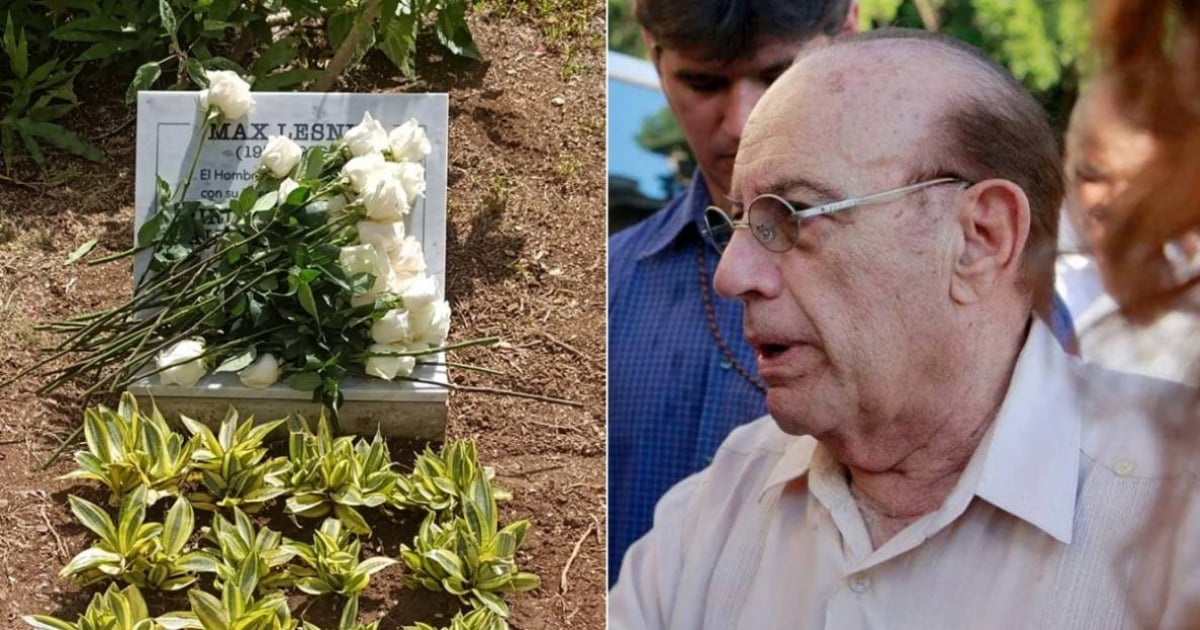The remains of Cuban journalist Max Lesnik and his wife Miriam were returned to Cuba and interred in the Mother Teresa of Calcutta Garden, situated next to the Basilica of San Francisco de Asis in Old Havana. The ceremony was attended by regime figures such as José Ramón Machado Ventura and Abel Prieto. Floral tributes were sent by General Raúl Castro and the current leader Miguel Díaz-Canel.
Lesnik, who passed away in Miami in March at the age of 94, was a highly polarizing figure. He founded the magazine Réplica in 1968 and established Radio Miami, becoming a staunch advocate for the Cuban regime while in exile, maintaining close ties with Havana. Initially, he was active in the Orthodox Youth and opposed the Batista government. Nevertheless, he sought refuge in Miami in 1961 due to disagreements with certain aspects of the communist regime. Over time, he became an ardent supporter of Fidel Castro, which led to backlash within the Cuban expatriate community in the United States.
On social media, Cuban government channels were flooded with tributes to the activist. Abel Prieto hailed him as a loyal "patriot," while Fernando González Llort, one of the Cuban spies, expressed gratitude for Lesnik's role in the campaign for "the liberation of the Five." The burial ceremony turned into a politically charged event, with regime representatives lauding his efforts in promoting Castro's ideology from Miami. The speeches conspicuously avoided any critique of the repression, forced exile, or human rights violations that Lesnik refused to acknowledge throughout his life.
Despite his efforts to foster a rapprochement between the United States and Cuba, Lesnik was perceived by many as an ideological ally of the Castro government. He frequently faced protests in Miami, and his headquarters at the Alianza Martiana was targeted by anti-Castro groups. Parts of the Cuban exile community criticized him for being the face of one-sided dialogue with a dictatorship. His symbolic return to Cuba marks the end of a life dedicated to ignoring the regime's human rights abuses.
Max Lesnik's Legacy and Controversies
Who was Max Lesnik?
Max Lesnik was a Cuban journalist and activist known for his support of the Castro regime and his efforts to promote its ideology from exile in Miami.
Why was Max Lesnik a controversial figure?
Lesnik was controversial due to his staunch support of the Cuban government and Fidel Castro, which led to significant backlash and protests from the Cuban exile community in the United States.
What was the significance of Lesnik's burial in Cuba?
Lesnik's burial in Cuba was significant as it symbolized a return to the homeland he ideologically supported, despite living in exile. The event was marked by political symbolism and tributes from Cuban regime figures.
